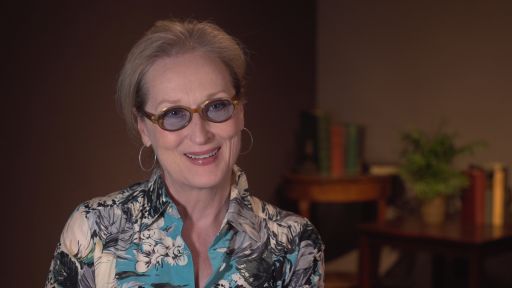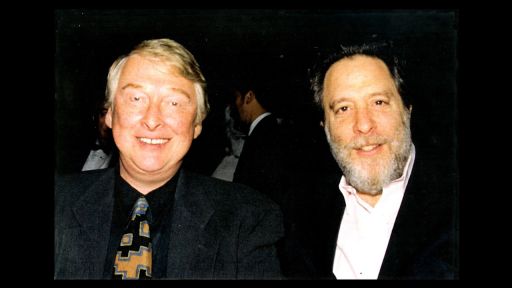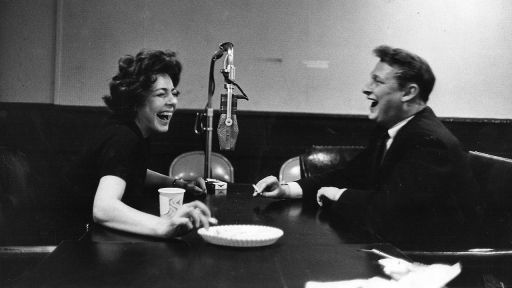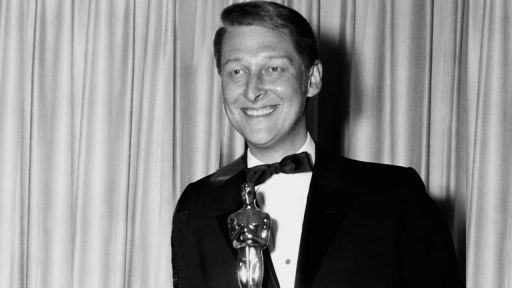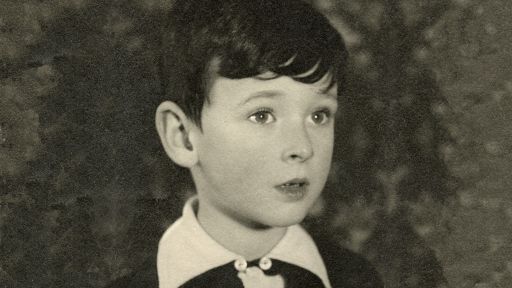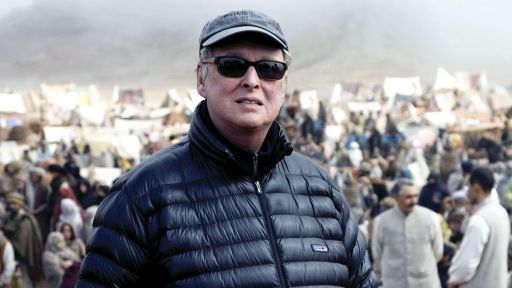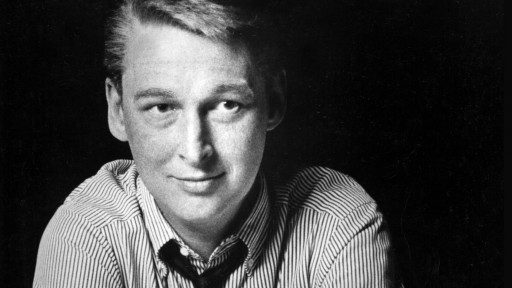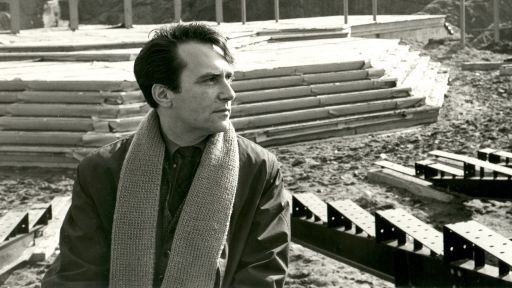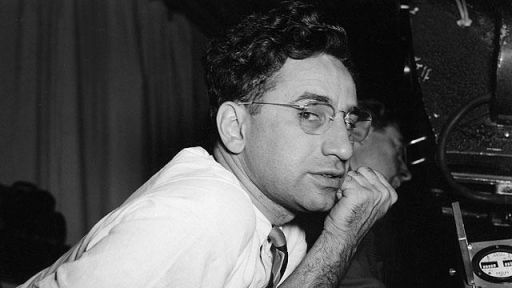UPDATE: Nov. 2, 2015: American Masters will launch its 30th anniversary season with the first documentary ever about Mike Nichols, to premiere January 29, 2016. Elaine May will direct. Read more.
Celebrated director Mike Nichols died on Wednesday, November 19, 2014, in Manhattan. He was 83 years old. As one of the few people to win an Emmy, a Grammy, an Oscar, and a Tony Award, Nichols is a canonical figure. His early career was the subject of an American Masters film.
American Masters: Nichols & May: Take Two recounts his time performing with Elaine May in an award-winning improv group in the 1950’s and 60’s. Nichols and May combined a knack for improvisation with inspired political and social satire, bringing innovation to a field that was dominated by standup comics.
In the world of drama, Nichols was prolific. He made his Broadway directorial debut with Neil Simon’s Barefoot in the Park in 1963, and the next year took home his first of many Tony Awards for directing. Over the next several decades, Nichols was a mainstay in the theater, earning recognition for works like Plaza Suite (1968), The Prisoner of Second Avenue (1971), Chekov’s Uncle Vanya (1973), and more recently Spamalot (2005) and Betrayal (2013).
Nichols was perhaps most widely acclaimed for his achievements in film. He first directed an adaptation of Edward Albee’s Who’s Afraid of Virginia Woolf in 1966, earning an Academy Award nomination for Best Direction. A year later he took home his first Oscar, for his second film, The Graduate (1967). A scathing social satire that anticipated the modern Hollywood anti-hero, The Graduate put a young and unknown Dustin Hoffman on the map, the first of many courageous casting decisions in Nichols’ career.
Nichols was known as an actor’s director, more recently casting the late Philip Seymour Hoffman in his last film, Charlie Wilson’s War (2007), and later in his Broadway production of Death of a Salesman (2012).
Mike Nichols on Directing
Mike Nichols describes the great moment when an audience seated in the dark watching a drama comprehend that which is not spoken and not told, but sensed with the unconscious. A film director may have all details worked out down to the inch of a camera dolly, he says, but ultimately, the director’s, actors’ and audience’s unconscious must speak to each other in a scene.
“Plays and movies are not supposed to be answers to a thousand questions, but there’s supposed to be a few unanswered questions that you can’t get out of your head,” said Nichols.

